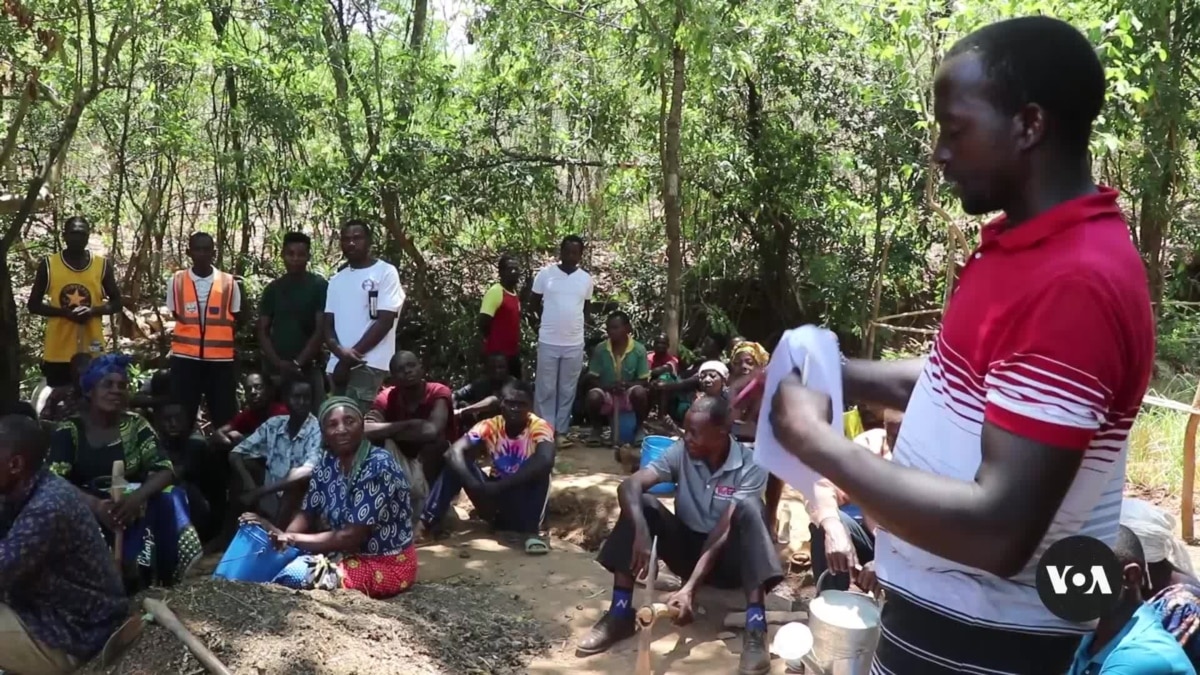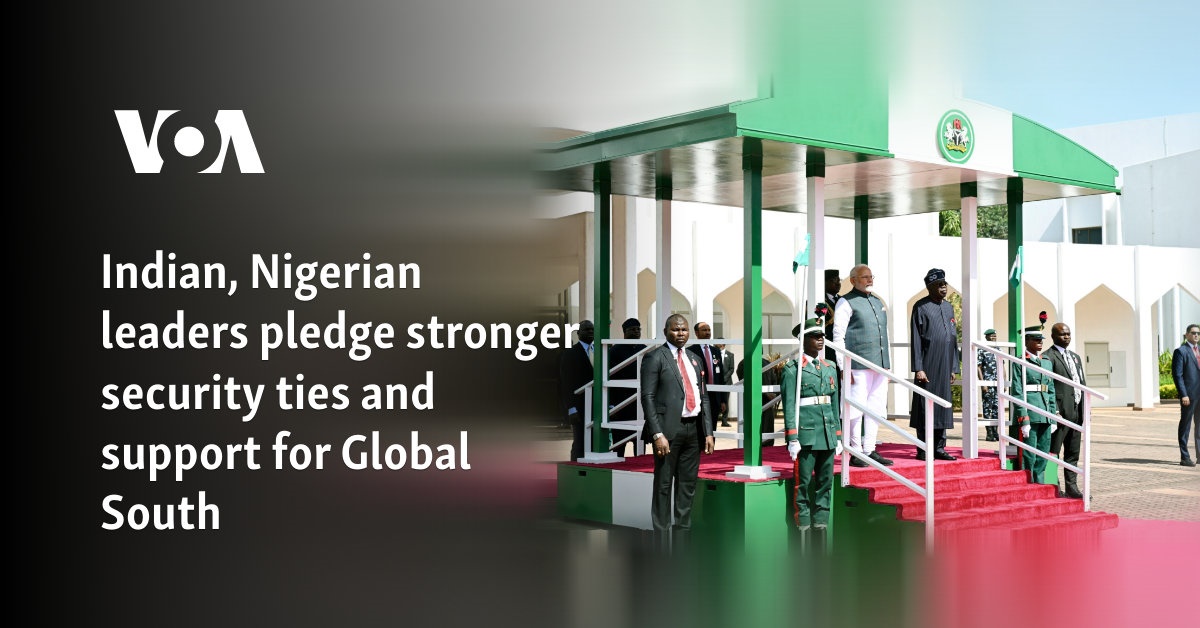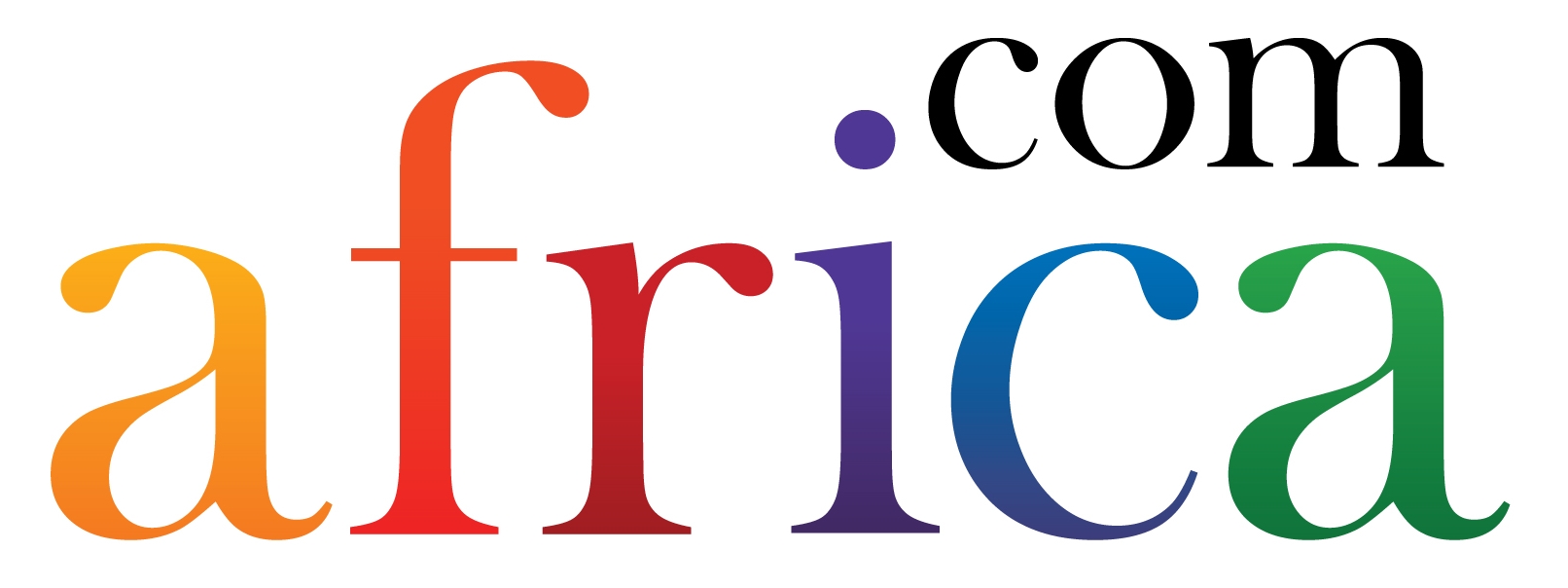- WWF: COP29 is a crucial opportunity to finance a climate-resilient future for Africa
- WWF calls on world leaders to honour Africa’s special needs and circumstances by committing to finance that supports sustainable development and addresses the continent’s urgent climate needs.
As world leaders gather for the UNFCCC COP29 in Baku, WWF Africa underscores the critical need for this conference to deliver substantial, accessible climate finance. Despite contributing only 4% of global emissions, Africa is among the hardest hit by climate impacts, from severe droughts to worsening food insecurity and deadly floods, affecting millions of lives. The continent requires $2.8 trillion (53 billion annually) by 2030 to confront these challenges. WWF urges global leaders to meet and expand the long-promised $100 billion climate finance goal to support Africa’s resilience and adaptation.
Durrel Halleson, Policy and Partnerships Manager at WWF Africa, highlights the urgent need for adaptation funding: “African countries urgently need accessible funds to build resilience against escalating climate impacts. Africa needs $53 billion annually to address these needs, yet only a fraction of global adaptation finance currently reaches the continent. COP29 must deliver on this shortfall, ensuring that funds are accessible to communities on the frontlines of climate disasters, such as those impacted by drought. The recently established Loss and Damage Fund must now become fully operational to support Africa’s vulnerable communities without delay. Further, COP29 offers a pivotal chance to implement effective climate finance mechanisms that deliver real change for Africa.”
Africa is home to the world’s second-largest rainforest, The Congo Basin. Also known as the “lungs of Africa,” it is the world’s largest carbon sink, absorbing more carbon than the Amazon. Spanning six countries, it sustains local communities, provides critical habitat for endangered species, and sequesters 600 million metric tonnes of CO₂ annually—equivalent to a third of U.S. transportation emissions. Yet, despite its vital role, current finance mechanisms often overlook its preservation, focusing only on emissions reductions rather than safeguarding this irreplaceable carbon reservoir, which is a critical buffer against climate change. Yet current finance mechanisms often overlook the need for its preservation, focusing solely on emission reductions.
James Reeler, Senior Manager for Climate Action at WWF South Africa, underscores the importance of Africa’s “special needs and special circumstances” in COP29 negotiations: “With warming rates 1.5 times the global average and ecosystems like the Congo Basin that stabilise our climate, Africa’s unique challenges call for a fair and just transition to a low-carbon future. Recognising and acting on these vulnerabilities will not only build resilience across the continent but also enhance global climate stability. Integrating nature-based solutions (NbS), which are strategies that use natural systems to address societal challenges, within national adaptation plans is essential for protecting biodiversity, securing water resources, and supporting African livelihoods heavily reliant on nature. ”
WWF Africa calls for the establishment of a dedicated Climate-Nature Work Programme within the UNFCCC framework to fulfil recommendations from the COP28 outcome on nature. This initiative would align climate and biodiversity action, embedding nature-based solutions within adaptation strategies. By uniting climate and biodiversity priorities, African nations can better protect their environments and promote sustainable development.
A full list of essential outcomes needed in Baku, including specific financial commitments and policy recommendations, is available in WWF Africa’s COP29 Expectations Paper.

 By Africa.com | Created at 2024-11-11 13:47:02 | Updated at 2024-11-18 04:42:44
6 days ago
By Africa.com | Created at 2024-11-11 13:47:02 | Updated at 2024-11-18 04:42:44
6 days ago








